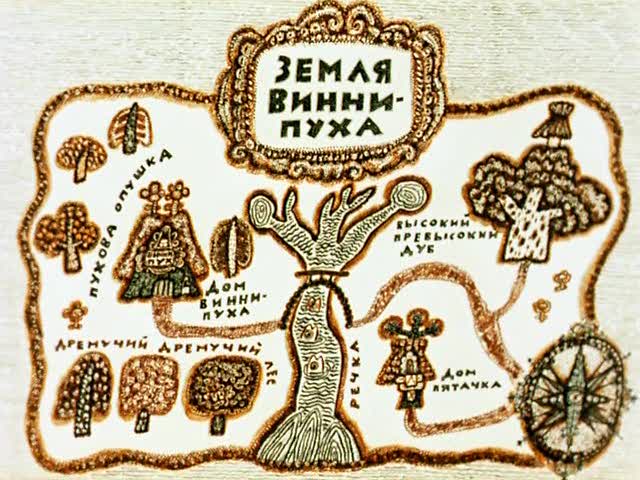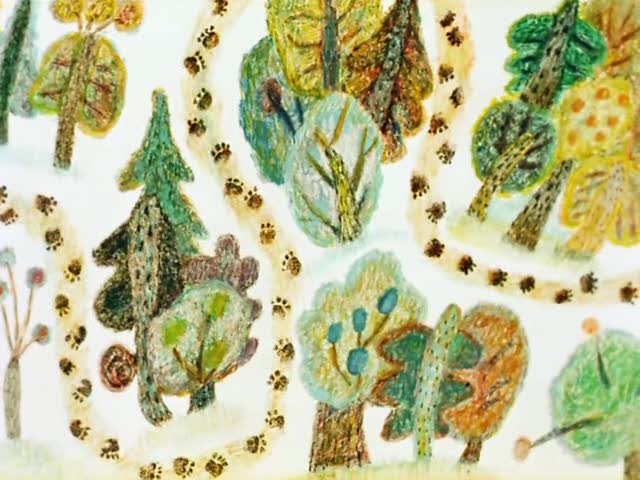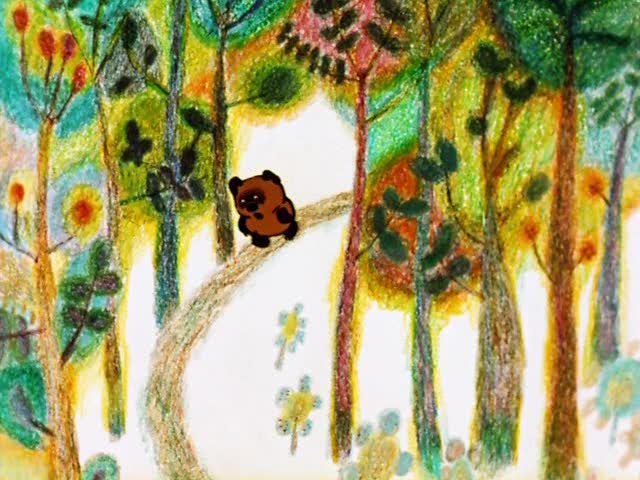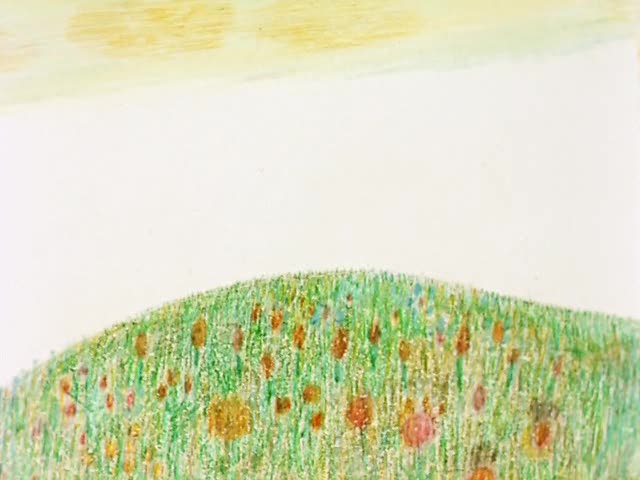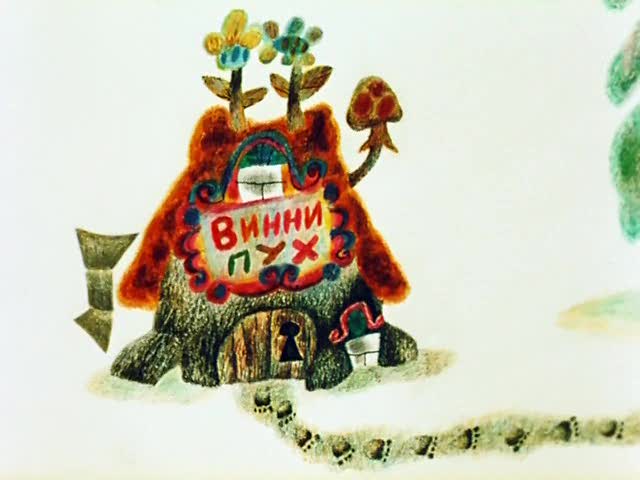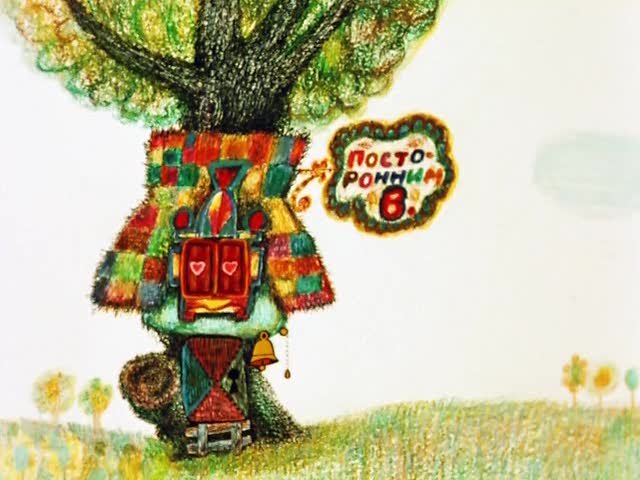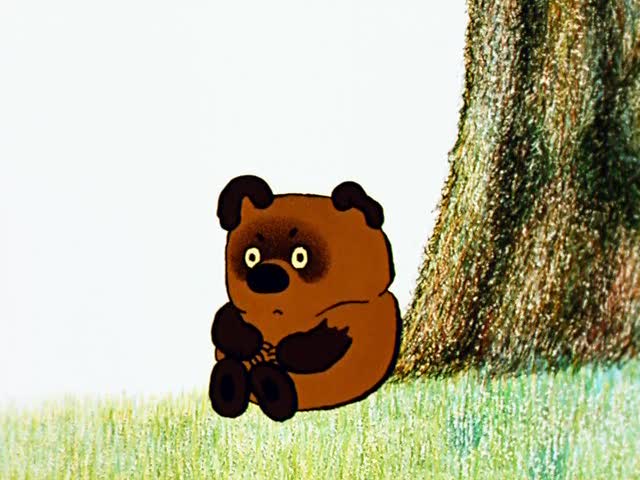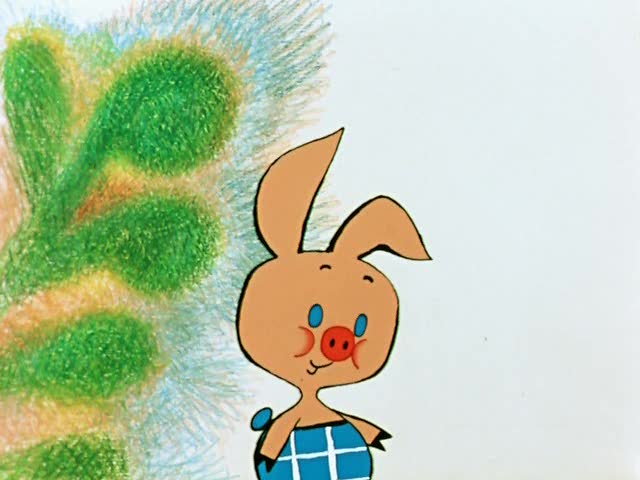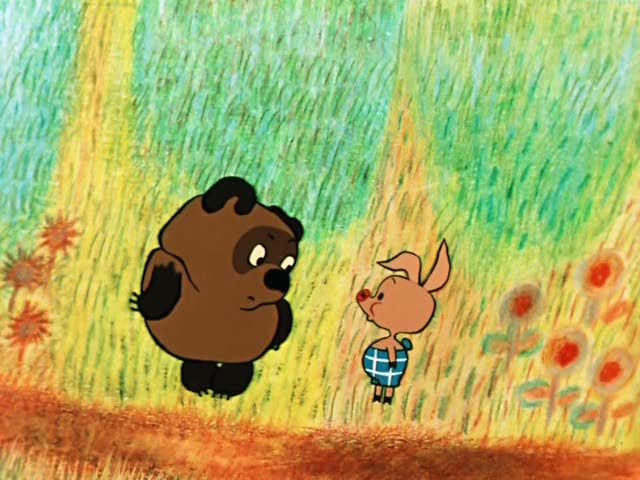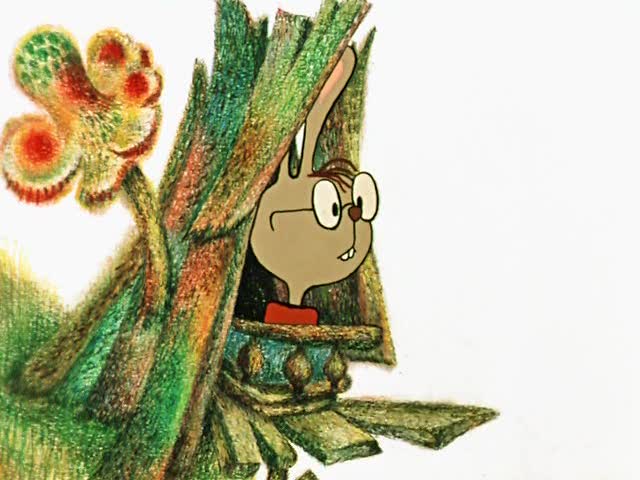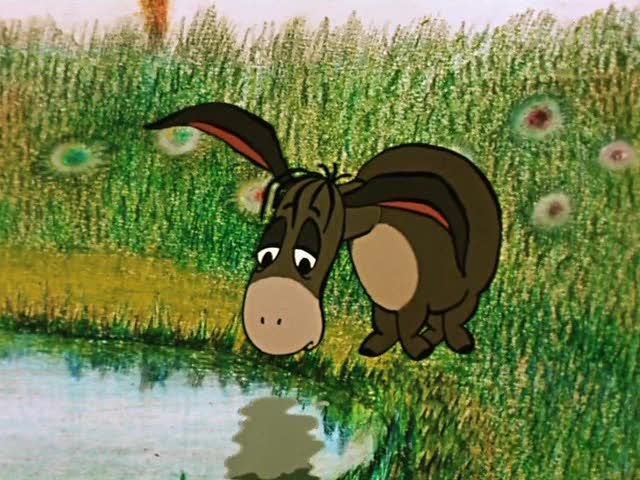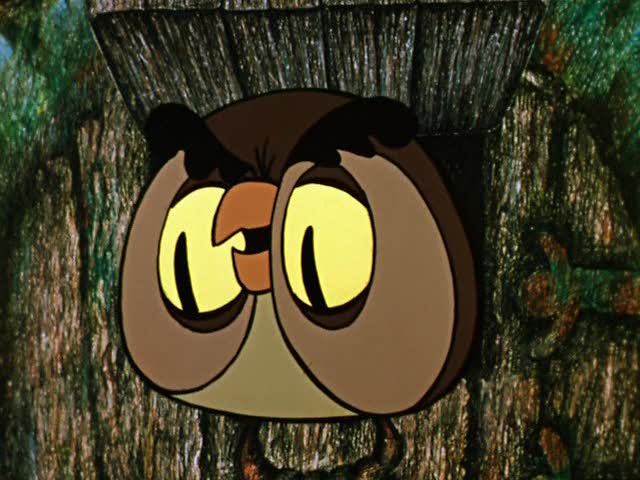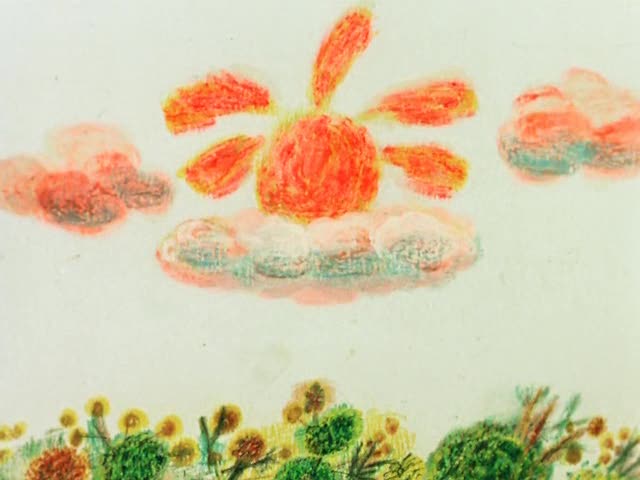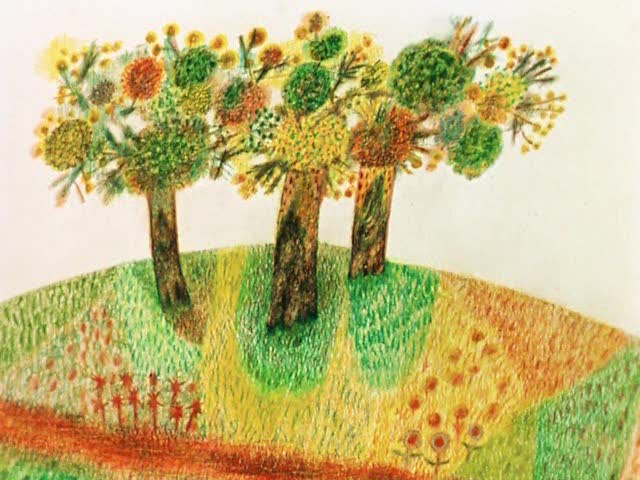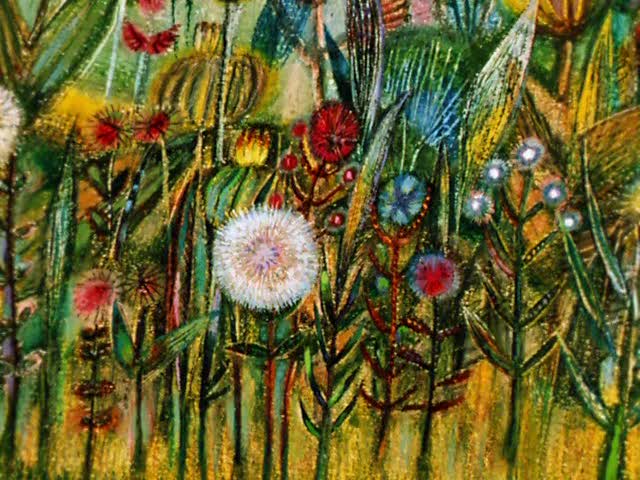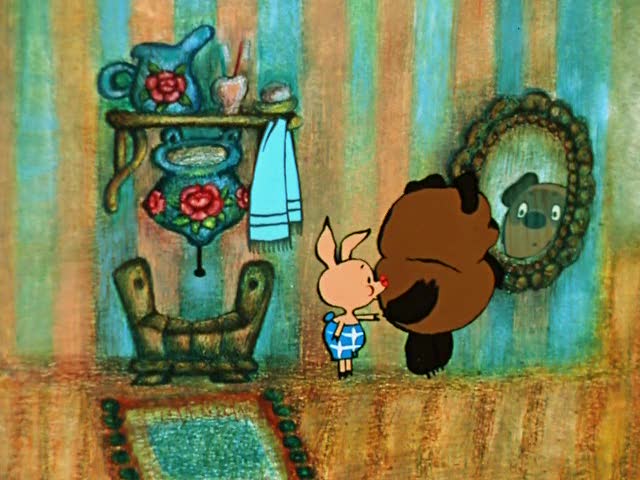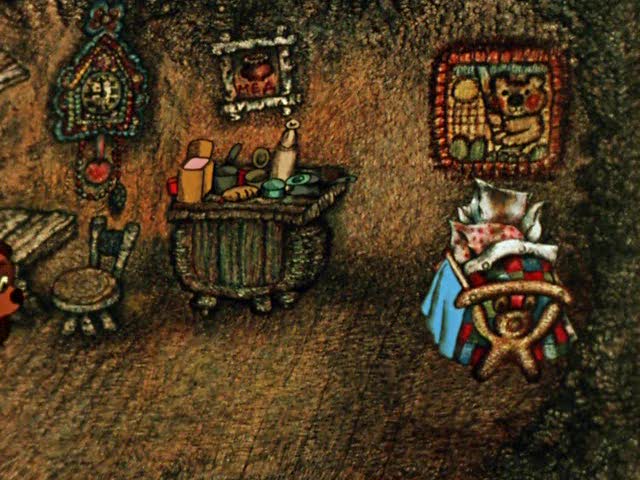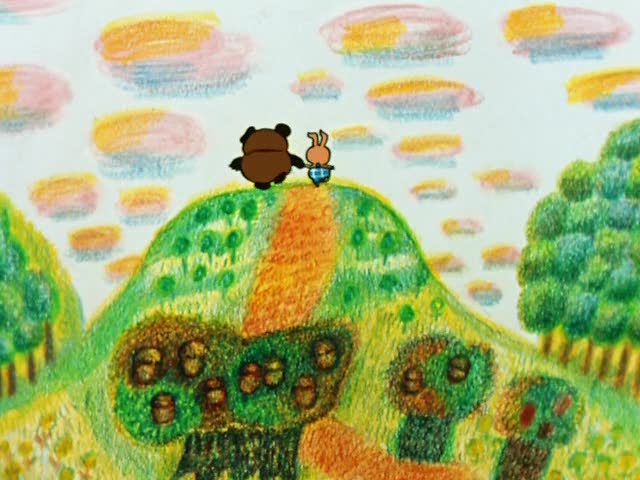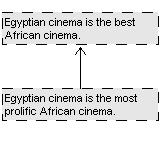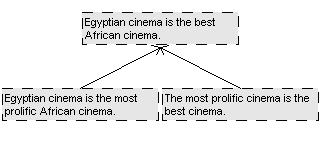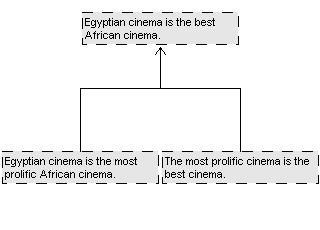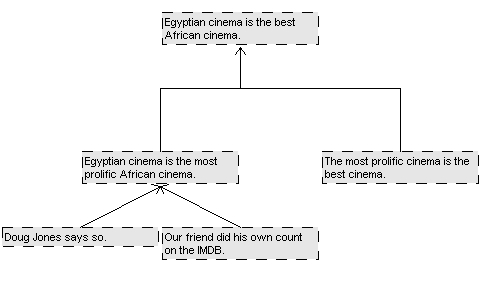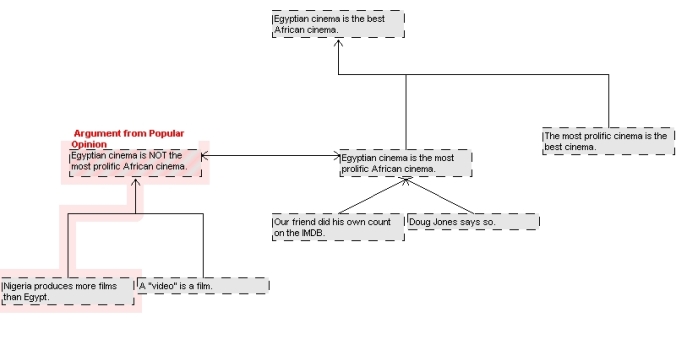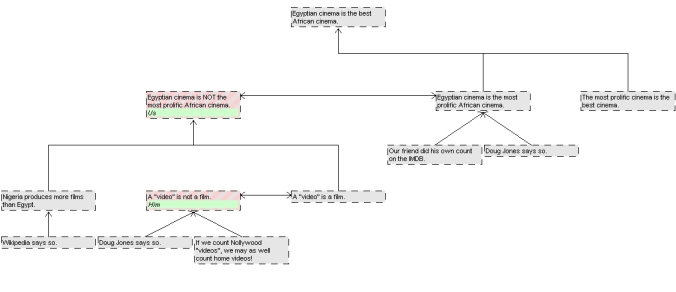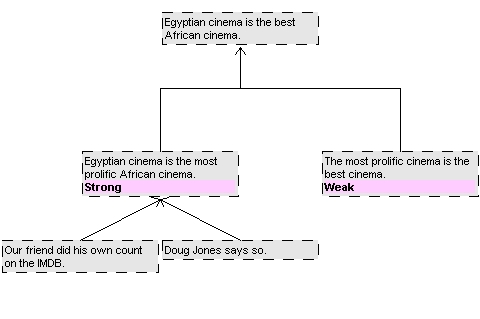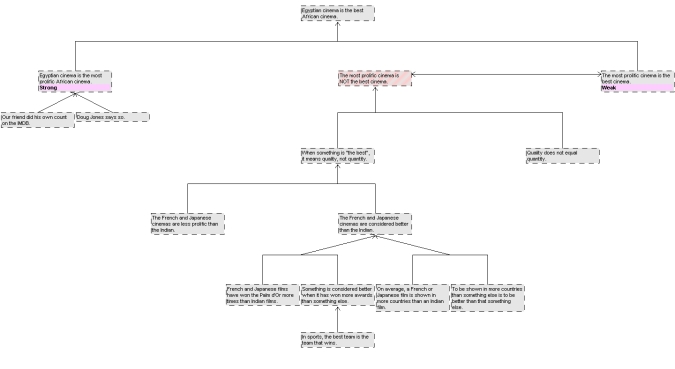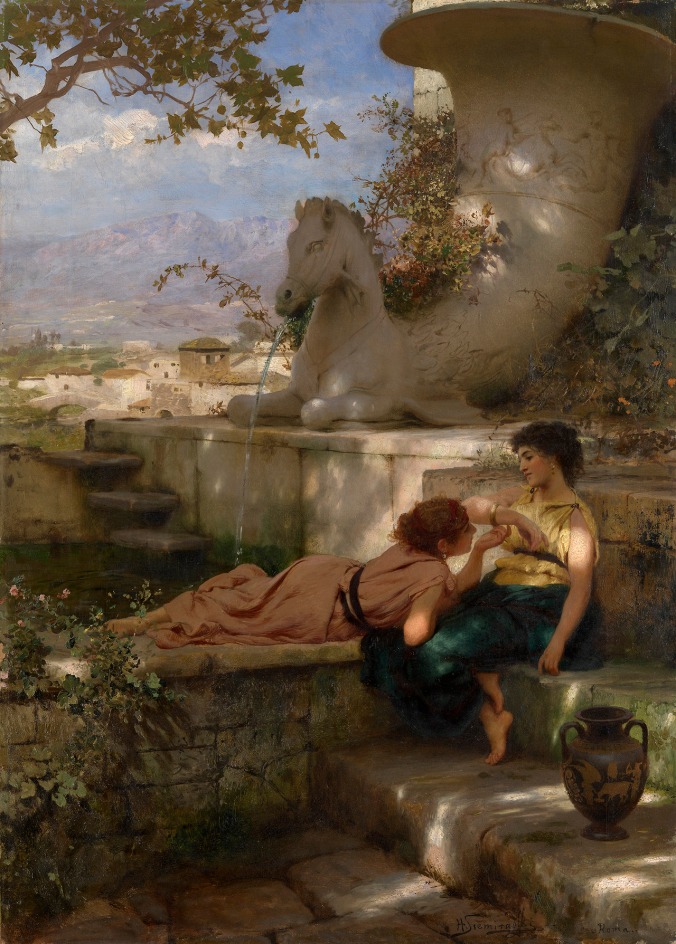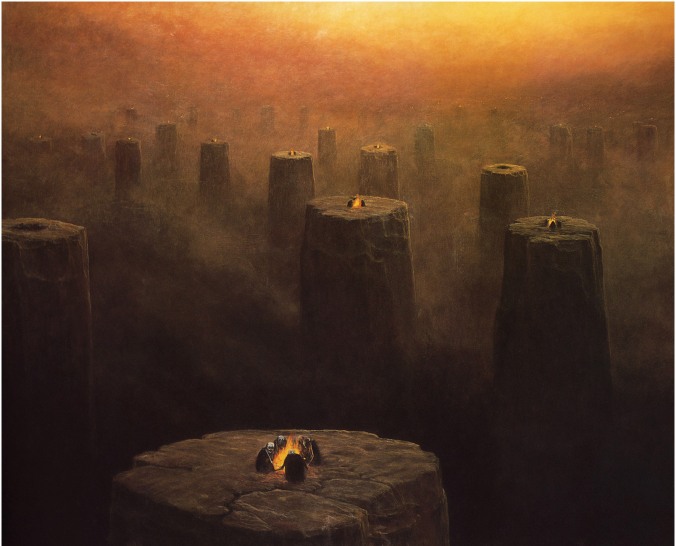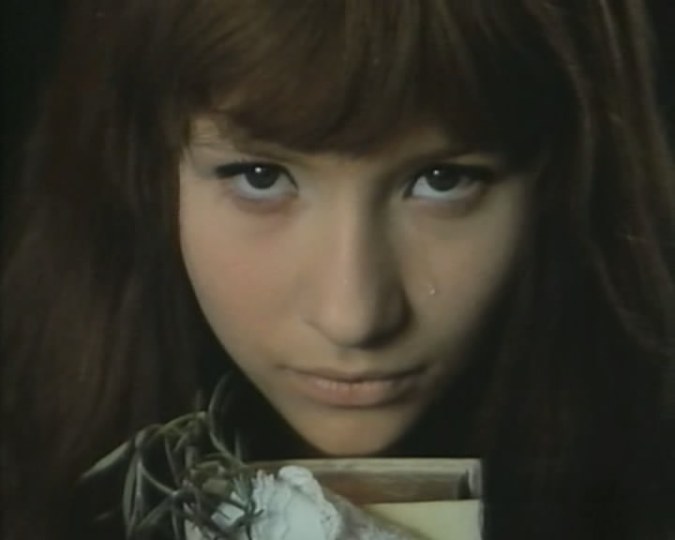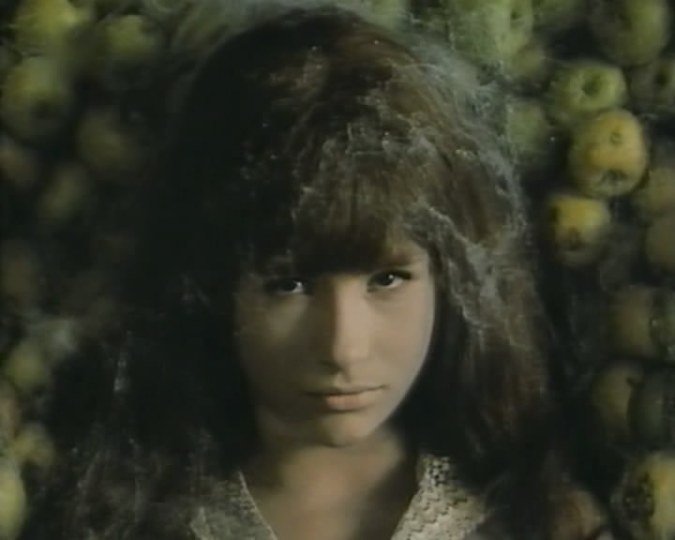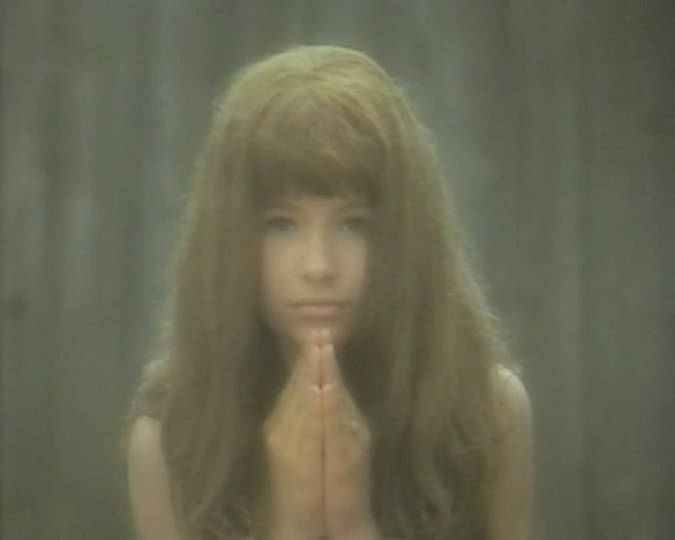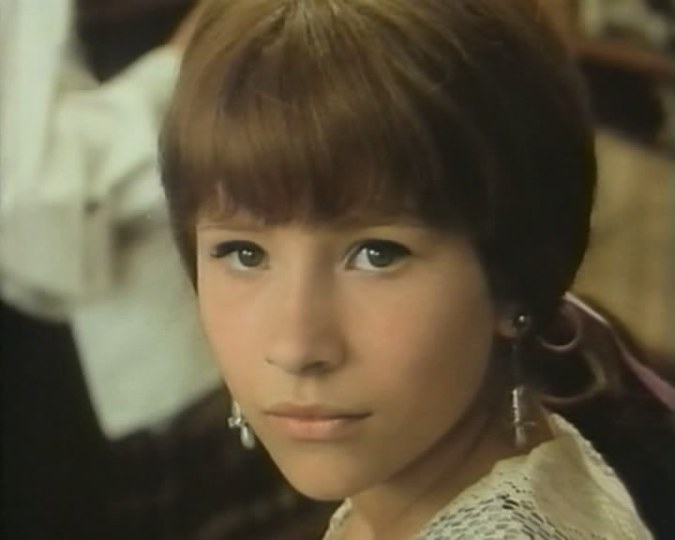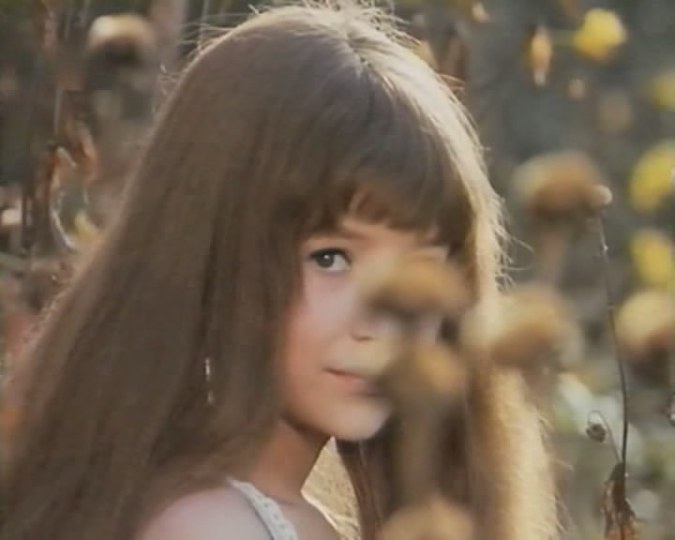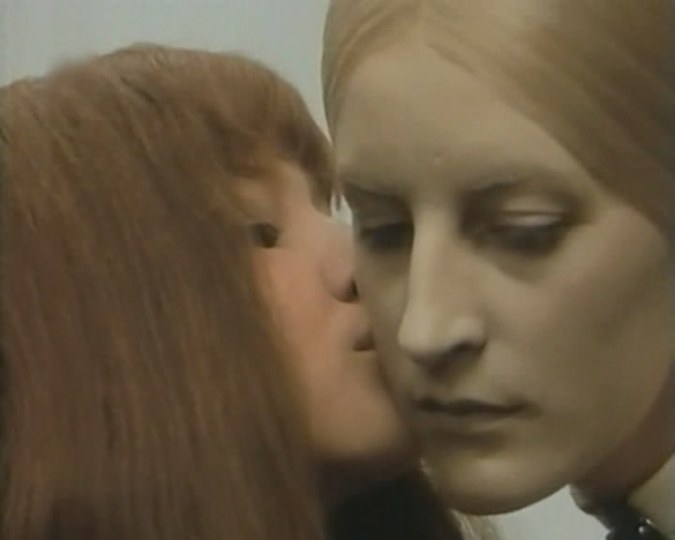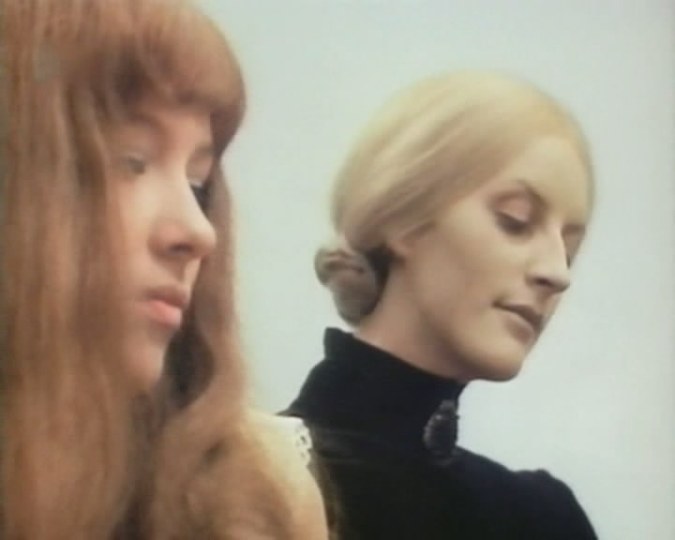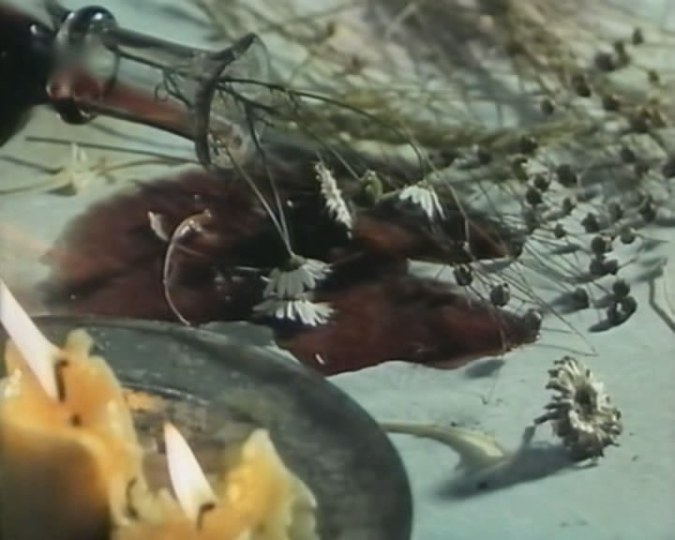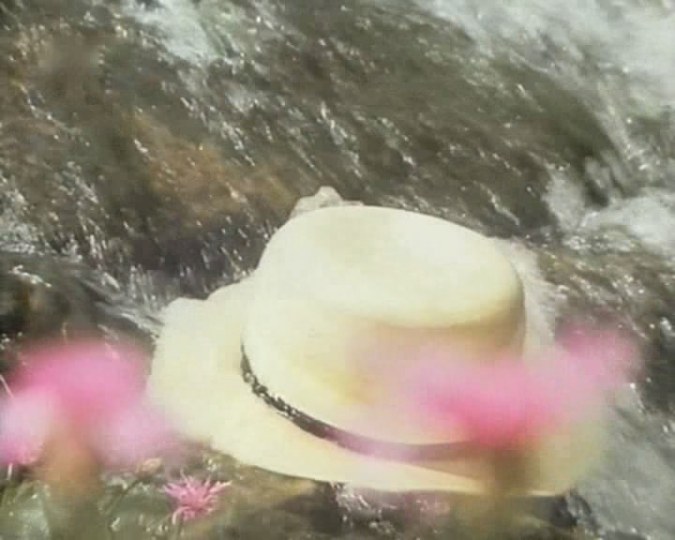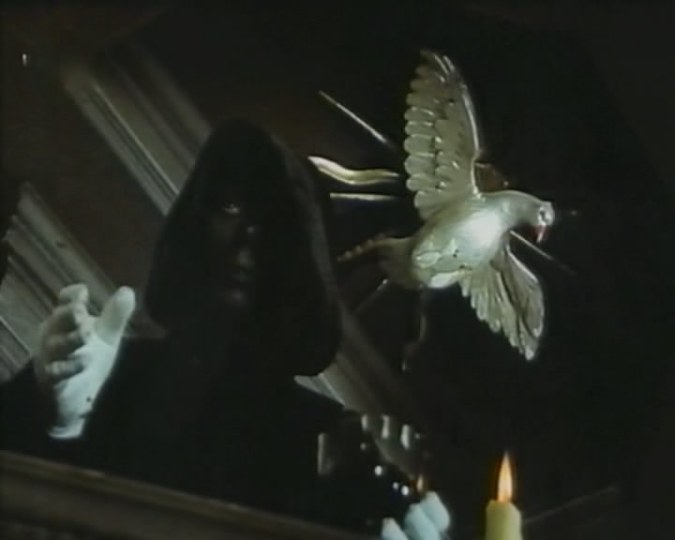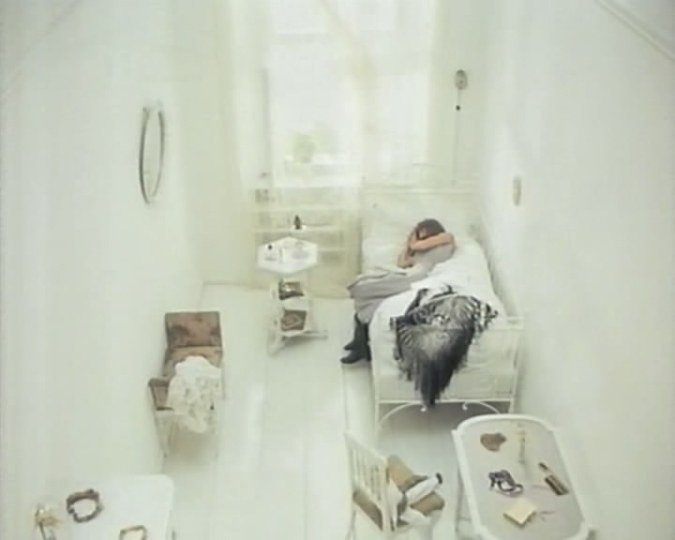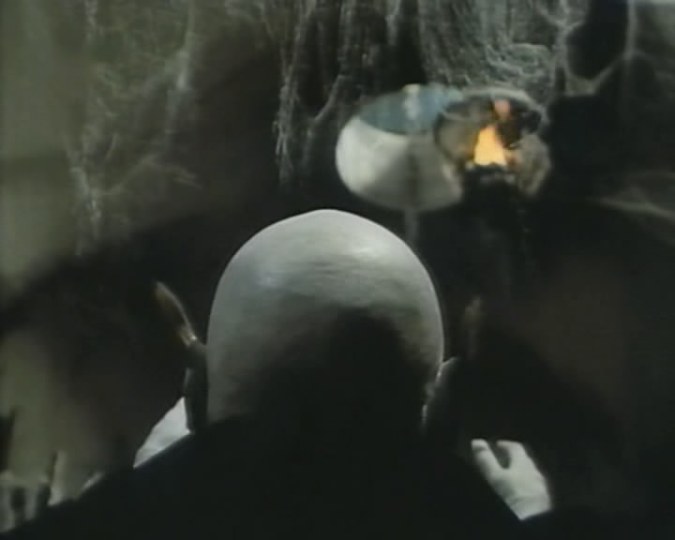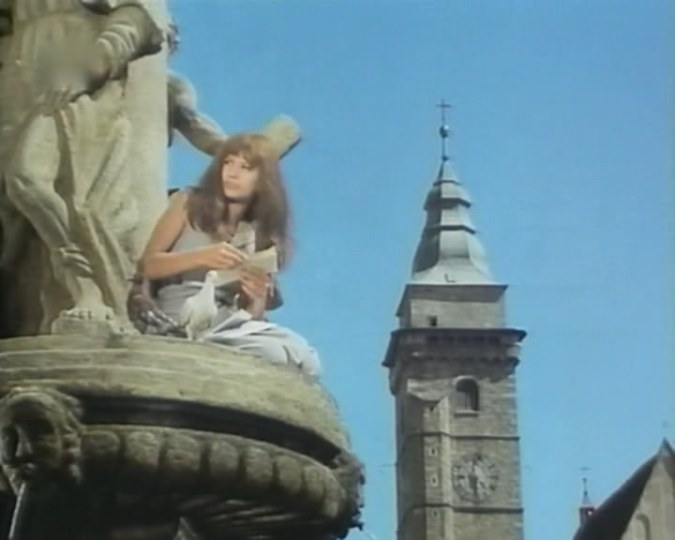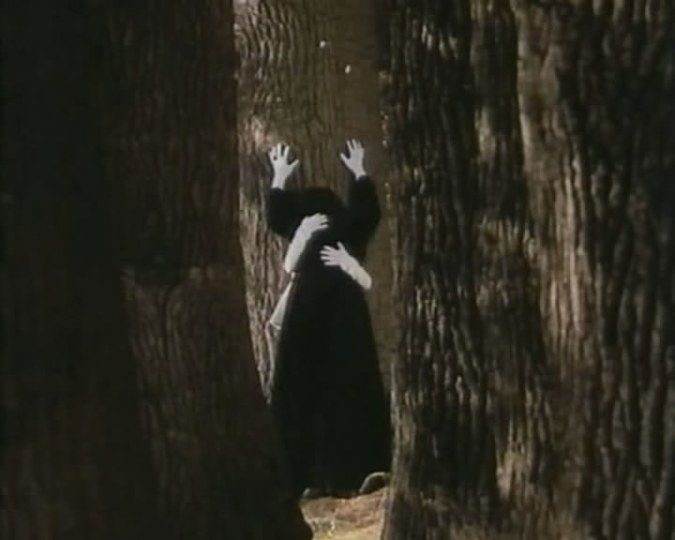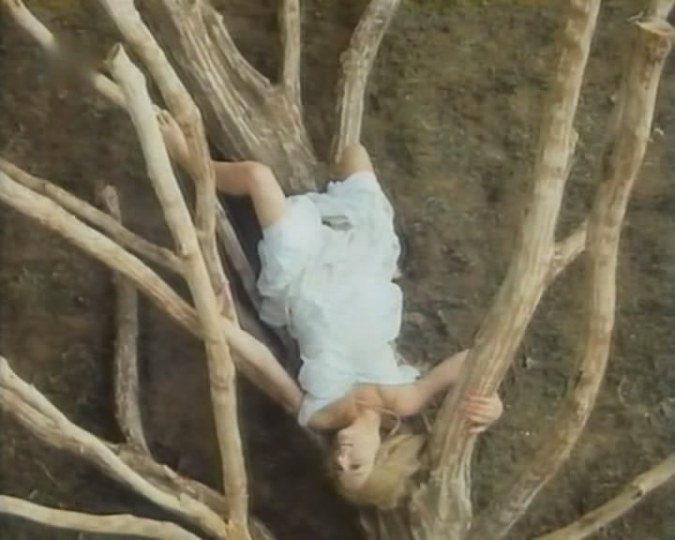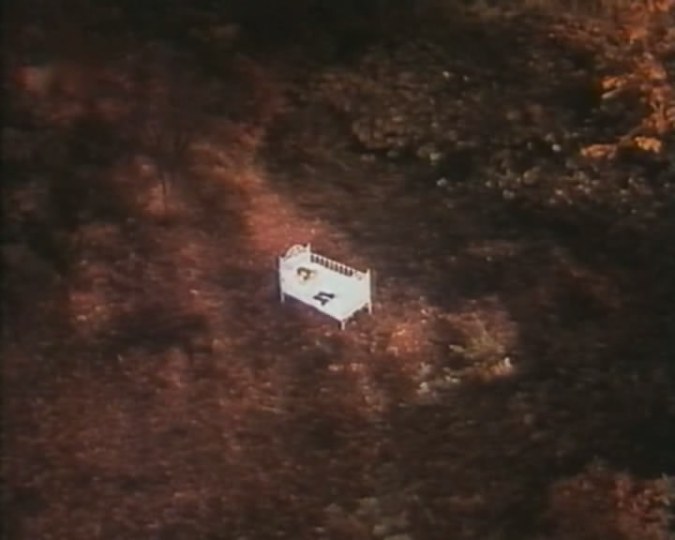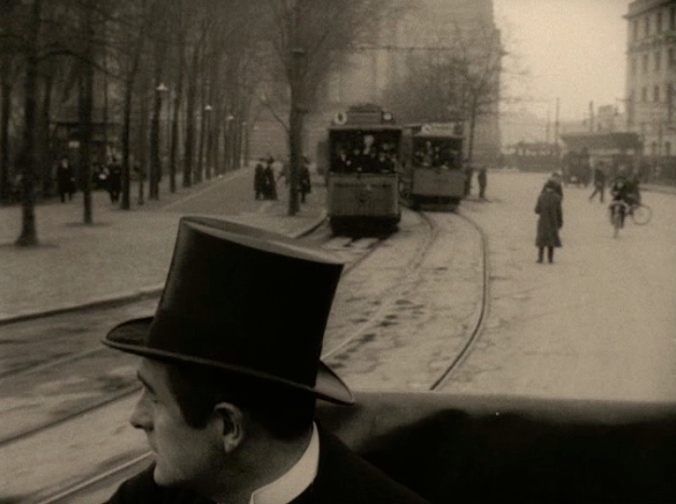Listen, stranger. Let me give you some advice, up front, free, off the record. Get the hell away from me, away from this table, away from this bar, away from this city. It’s no good here. It never was. What do I mean? I can explain it to you, but I advise against listening. It’s a dangerous story. No, you won’t hear anything that’ll get your head caved in as you make a wrong turn coming out your driveway. It’s a different kind of dangerous—a more dangerous kind. If you know what I mean.
You sure you want to stay and listen? Because I’ll tell you. All of it. Every last rotting piece of it. It’s good for me to tell it. That’s what my psychiatrist would say. You ever been to see one of those head shrinkers. Actually, never mind, kid. You just have to buy me a drink to help me get over my conscience, and I’ll talk. Talk, talk, talk. Little poisoned knives through your ear and into your heart, that’s what words are. You know, twenty years ago I had a kid just like you. A daughter. She’s off somewhere now, married, working, happy. Doesn’t keep in contact. I don’t blame her. What, a grudge? Yeah, something like that. Something exactly like that.
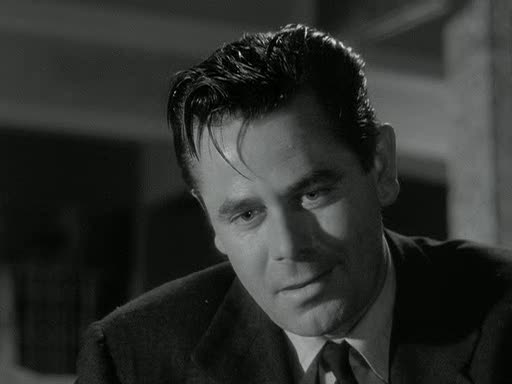
My name? My name’s Dave Bannion. B-a-n-n-i-o-n.
Since I already said I had a daughter—that’s right, I said had. I don’t insist on keeping people past when they want to be kept. I should start by saying I also had a wife, a house, a car, and a nice, cushy job working in the police. I was a detective, with a badge and a gun. What? No, I don’t have the badge any more. About the gun? I already said I don’t have the badge any more.
Back then, my job was to keep justice, keep the status quo. That’s Latin, by the way. Why don’t you write it down? No, you don’t need a pen. Write it down in your head. Anyway, it was an easy enough job, and the pay was enough to keep us decent enough to be able to enjoy each other’s company and keep us happy. But then it all started to unravel. Maybe that’s the wrong word, there. Unravel. Because string unravels. And this wasn’t string. My life wasn’t string. My life didn’t unravel. My life cracked, like a whip. Fast and vicious and stinging.
It began run-of-the-mill. At least as far as crime runs. A suicide. A suicide by one of the higher-ups in the police department, someone I had seen once or twice but didn’t know, a man by the name of Duncan. But a suicide nevertheless. He left behind his wife, an elegant woman named Bertha. Bertha Duncan.
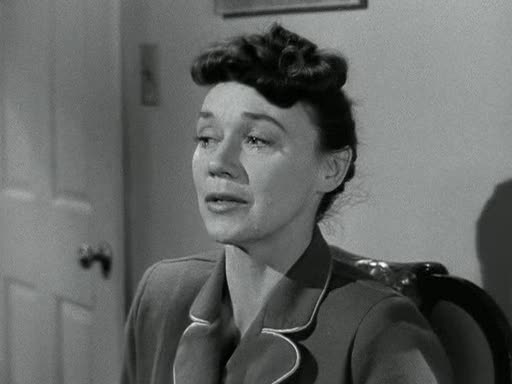
I met this wife, now a widow, after the suicide, and what she told me made enough sense to get me to sleep at night, get me to believe the official story, get me to lay off. Duncan killed himself because he was a sick man, she said. I believed her.
But I kept digging around. Don’t ask me why, I just did. Maybe it’s intuition, maybe something else. Luck, coincidence? No, it’s not coincidence. I don’t believe in coincidence. Sometimes we make choices at fateful moments and we call those moments coincidences. But it’s not coincidence, it’s choice. You say you’re here by coincidence? You’re not, and I can tell you that much, kid. In this case, though, I kept digging because I wanted to keep digging, because I chose to keep digging. I could have stopped, but I didn’t. And I dug where you have to dig to get the real dirt. In the gutters.
Eventually, I pulled out a nice-looking piece of trash named Lucy. Or was it Faye? No, it was Lucy. Lucy, all right. Lucy as clear as day.
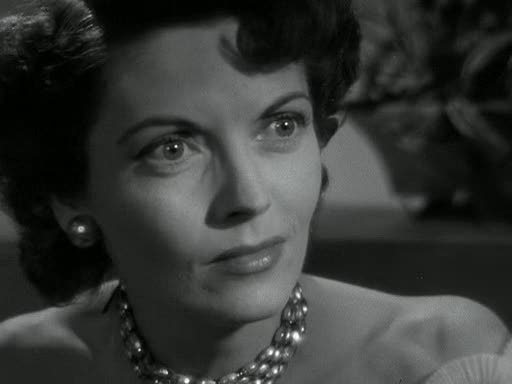
And Lucy starts telling me that she and Duncan had been having some fun in the sun at his summer home away from home, away from his wife, if you know what I mean. Which is none of my police business, and I tell her as much. But Duncan, this Lucy tells me, wasn’t a sick man. Not sick at all. Just finished finalizing his divorce too. And there’s your clink. The official story now has a wrench stuck in it. The gears that were moving all greased up are bending out of shape. And I got a choice. Do I buy this girl’s story or do I pretend it’s rubbish and keep my hands off the whole deal even if it stinks? Well, I let off.
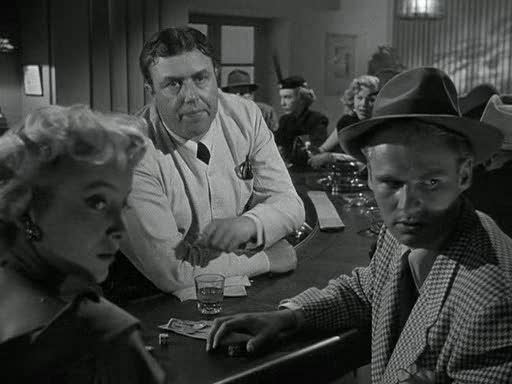
Until this same girl, Lucy, turns up dead. Thrown from a speeding car, all bruised up and battered, cigarette burns all over. Just real worked over. Meanwhile, I try to raise a bit of a fuss about this and suddenly my superiors, ain’t that a fine word, start telling me to keep my voice down on account it’s a small city and voices carry far. Do your job, they tell me. Except my job is to do justice. And now two people are dead, things are going all fishy, and everywhere I turn I get angry glances and sweating foreheads. That’s symptoms of injustice. Your job is to follow orders, they even clarify for me, in case I had gotten mixed up in the purpose of my noble occupation. Thanks, I say, and I go home. It stinks a lot less at home if you’ve got a good home, and I’ve got a good home.
The whip’s pulled back now. I can’t see it, but it’s stretched up above my house as I’m eating dinner and talking to my wife. I spill everything to her too. I always did. Maybe it’s my conscience that’s bothering me, I don’t know. That’s what she says in not as many words. Real curt, she was. I don’t know much about those kinds of things, but I know women, and I trusted that one more than a man can trust his own shadow to show up in the morning. She reassures me. You’re doing the right thing, go with what you think is right, don’t compromise. I feel good. I feel good about digging around in garbage if it leads to something cleaner. Even if I get hassled for it.
So I don’t compromise. Very next day I go straight to the dark heart of corruption of our foul city—the honourable Mr. Lagana presiding, over his daughter’s social gathering. He’s got about ten beat cops doing rounds on his driveway too. Tax money for his own personal protection. Ain’t that funny? And funny how once you decide that something’s corrupt you know exactly where to go, too, no? Just follow your nose. Problem is everyone’s got too many flowers in their gardens. Just planting them day after day after day. A city overflowing with flowers is what we got. Red roses covering the streets, flying out of open windows. Even paint comes in flowers nowadays. And it’s all to kill the putrid smell that’s everywhere. The smell of corruption. Because no one wants to clean it up. It’s enough to cover up. We’re living in a giant cover-up born of laziness and complacency, as the dictionary calls it. At least we were back then, when I paid Mr. Lagana a visit, during his daughter’s social gathering.
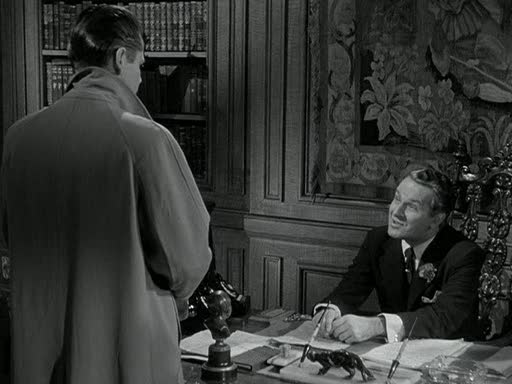
The visit doesn’t last long. I lose my cool, I say some things that expose a bit of the stink. And I get a beefed-up henchman loosed on me. I give him a few hooks to the side of the face and he gets the dizzies and sits down. I show myself out, thank you very much, but I’ve made my intentions public now. I’m going to dig into this mess with Duncan and Lucy and Lagana knows it. He knows more than I do too. He knows it’s a much deeper hole than just two people. And he knows he’s right at the bottom of the hole if I ever find a flash light strong enough to shine that far down.
Soon enough the harassment starts. My wife gets obscene phone calls, real nasty stuff. I know who it’s coming from, but what can I do? I’ve been bullied before, and it doesn’t work on me so I figure I stick it out. I’m out of my depth, though, this time. Yeah, this time I’m messing with too much money and too much power. And I have no one to back me up. My cop friends are telling me to cool it and the rest of the world’s staring down at its feet while it twaddles around each and every day for its turn at the water fountain. If I go down, there’s no one to mourn for me. Maybe I’ll even commit suicide, like Duncan. That’s a clean way to do it. For a bunch of dirty men they sure like their killing clean.
But they don’t do it clean. And they don’t do it to me.
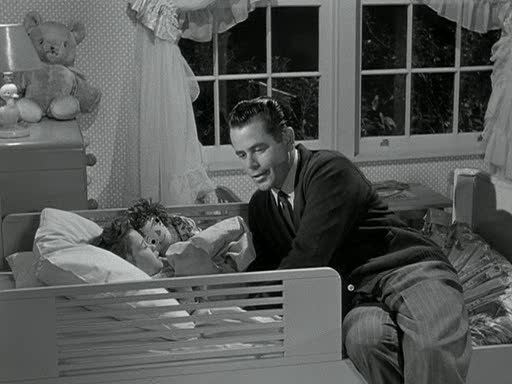
I’m in my daughter’s room reading her a story and my wife’s going out to the car, the bedroom window’s open and as I read the silly words in the silly book and my daughter laughs I hear the car door close and then I hear the car turn and then I see and hear the explosion. It’s over in seconds. The window shatters. I tell my daughter to keep low and I run outside to the car but I’m too late. My wife’s already dead. Already dead. “She’s on a trip,” I tell my daughter later. “Mom’s on a trip.”
This part I can’t explain to you. They’ll just be silly words to you, like a story about four bears on a picnic. So I won’t try. It doesn’t matter anyway. This part’s personal, it’s mine, it belongs to me and me only. All you need to know is that I knew I was going to hunt these men down, erase them, annihilate them. I didn’t have to do it. But I chose to. It’s like your hand. You can do anything with it, and sometimes you make fists.
Now, if you know anything about corruption, it won’t surprise you that as soon as I walked in the old police station the next morning, I was taken away to the biggest office in the building and checked for loyalty. This is the party line, the chief told me, now repeat after me. I didn’t repeat and they took my badge. Rather, I tossed it on their table, between their cups of coffee or piss or whatever they drink. But not my gun. No, not my gun. I paid for that myself.
Investigations like this take time. But I give a lot of mine and I make progress. I track down some mechanics, checking for the punks who took ten dimes to fill my car with dynamite. Problem is that even when I get somewhere where the air’s all fouled up, no one talks. That’s right, they keep quiet, mum. They’ve got to make a living, and eyes and ears and mouths, if they get opened too often, aren’t good for business, aren’t good for making livings.
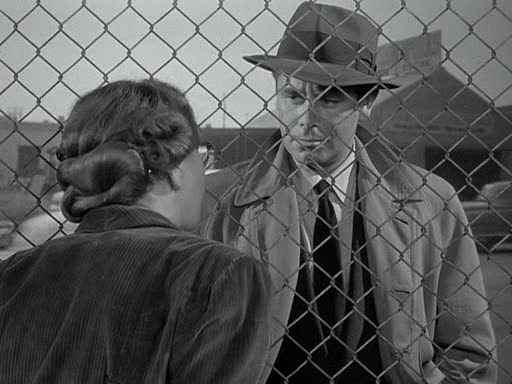
Maybe I understand that, maybe I don’t. Maybe if I was in their place I’d play blind. But I’m not in their place. I’m in my place. And I’m as far from blind as you can get with two eyes. I get a name. Larry. Larry who wears lots of colours. That’ll do. That’ll do just fine.
There’s a woman too. Vince Stone’s girl. Did I tell you about Vince Stone? Anyway, it doesn’t matter. He was a hood, a ruthless one-in-a-hundred goon who’d follow orders so long as he had some of his own to give too. And, like every other rotten punk in that rotten city, his orders came from Lagana.
But this girl, name of Debby Marsh, she thought she had it all figured out living it up real ritzy with Vince Stones’ dirty money. Of course, she didn’t think about the money. Left the room when the boss came in, she told me. Didn’t want to hear the truth by some accidental trick of acoustics, so she just shut the door and went out to get her legs waxed. Just cared about the clothes and the expensive life. “I been rich and I been poor,” she told me once, “and rich is better.” Not that I really blame her. They were all like that. Content to turn the other ear.
Beyond that, though, she was a real sweetheart. Real pretty, on the outside and on the in, if you know what I mean. Had a real change of heart too, after Vince Stone got a little feisty one night and introduced her pretty young face to several cups of hot coffee.
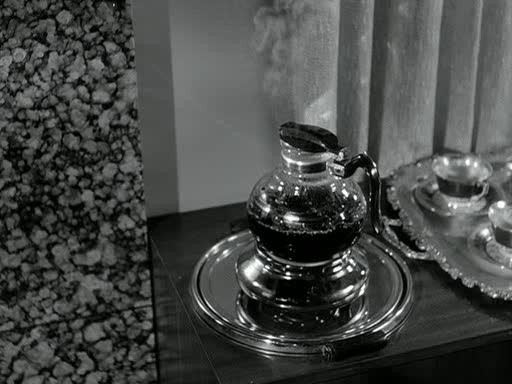
Vince was like that, always looking to do some meanness to someone who couldn’t defend themselves. Especially to pretty women. Debby’s face—it got burned real bad. Or half of it. But must have been the half that lived the rich life, because after she got herself all bandaged up at the hospital she came straight to see me, in tears, mad at Vince, mad at herself, mad at life, and she wasn’t so content to turn the other ear. “I could live my life sideways,” she said, on account of half her face being scarred. Which might right well be true. Except that when you’re living sideways there’s no other ear to turn to. You have to change your whole philosophy of life.
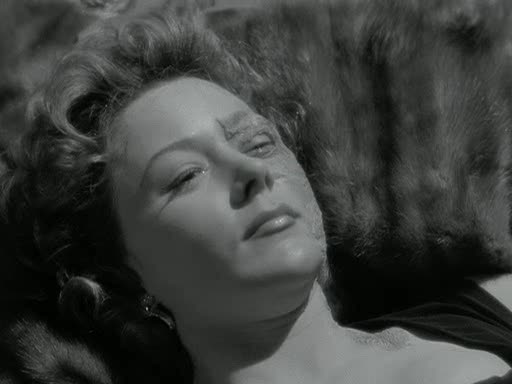
Now I got a theory about scars. Big scars, scars you can’t miss. You see, I think everyone’s scarred, somewhere, from something. Only difference is that some people got theirs on the outside and others on the inside, and the inside scars don’t show up until you get close to the people who have them, get to know them, get to love them. Me? Sure, I got mine, just like everybody else. I’m no better than the rest, other than that I exercise my free will a bit freer. And, yeah, mine aren’t on the outside. You see, no person has both kinds of scars. It’s one or the other. Real neat, like tick or tack, not tick-tack. So when that hot coffee burned up Debby’s skin, the scar got up and moved itself from the inside to the out, just like that, overnight. Bang.
Yeah, I know what you’re thinking right now. But it wasn’t anything like that. There was nothing between us other than a mutual, burning hate. For Vince Stone, for Lagana, for the whole stinking lot of them, with everyone in their pocket and eating the crumbs they dropped, as if we were all children who just reached up to their knees, and licking the leather soles of their shoes for desert. Sure, a pretty dame’s a pretty dame, and I like pretty dames, but I also love my wife. Besides, hate hits a man no different than a bucket of cold water, if you know what I mean.
Do you still want me to continue? Yeah? How about I buy the next round then? I feel guilty taking your money like that. You said you were a fireman, didn’t you? No? I thought you did. Not that it matters. I’m paying for these next ones.
So, anyway, this Debby girl, half-cheerful and half-cuckoo at the best of times, now spends some days in my hotel room, just cowering in the shadows like some sort of bat caught up in the attic, just curled up and dodging all the light that comes in. On account of the eyes too. The burns made one of them real sensitive to light. I want to make her feel better, but what do I do? I don’t feel good myself. Finally, I decide to start to keep her informed about the case, passing on details, running ideas off her. I figure if she’s sticking to me, I might as well make her useful. And she soaks it all up, downs it like it’s water and she’s just come out of the desert after forty days, if you know what I mean.
The real break comes when I finally track down rainbow Larry. Turns out to be a mac named Larry Gordon. Like all the rest of the scum, he works straight out for Lagana. No surprise there. A sweet old lady identifies him for me, and then I bust into his room and put the hurt on him. Not real bad, just enough to make him talk. Around the throat. He tries some funny stuff, but he’s not much of a joker. And it doesn’t take me long to get what I need.
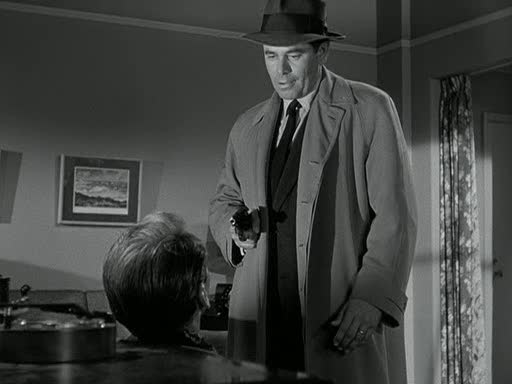
And all the time I have my gun pointed right at his heart, at where it should be, and once he stops squawking he starts trembling and I don’t lower my gun but just keep it trained on him, right on him, my finger right over the trigger and stroking it like you stroke a woman’s hair. I know that this is the bastard that killed my wife and I swear to God I feel like letting that bullet fly right into his chest. Except I don’t. Not because I’m not like them—because I am, and so are you, and so is everybody else—but because I make the choice not to. It’s all about choice. Besides, once word gets out that rainbow Larry Gordon spilled his guts, they’ll get spilled for real by his own people, his own pack. This is what I’m thinking. And it was true. And I don’t regret it.
What did I learn? Everything. What I learned was the glass key to the iron lock on the rusted door to the whole operation. When I get back to the hotel and start remembering and putting pieces together, I realize I have enough to set loose Lagana’s white-knuckle-tight grip on the entire city, for good. And it all rests on Bertha Duncan, the dead policeman’s widow, if you remember the name. Turns out she’s on the payroll, on Lagana’s payroll. Why? Because the good cop that Duncan was, before unloading one into his brain, left enough paperwork to expose all of Denmark! Every corruption, every dirty deed that Lagana ever ordered can be traced back to him. And Lagana’s paying the greedy widow off, every week, so she keeps the paper trail all locked up, real neat, real cold. Plus, the kicker is that the old dame’s smart, and she knows the first thing Lagana would do is get rainbow Larry or Vince Stone to pay her a little visit in the early hours of the morning, if you know what I mean. So she makes this convenient arrangement. If she dies, the papers go public. If she’s alive, they stay buried along with Mr. Duncan and she takes her cut. She’d rather be rich than poor, as Debby would say.
And I’m in a rut now. I don’t know what to do. I have it all figured out, all crystal right in front of my eyes so close I can breathe on it, but I have to kill the old woman to make it work. It’s like the dominoes are all set, but I have to knock the first oner over to get the rest falling. I even drive over to her house, steeling myself, promising myself that when I get there I’ll get her to confess, make her feel right awful about what she’s done, and get her to beg me to kill her, so I can shoot her right there in her own stinking living room, the one she pretends to mourn her dead husband in every day of the week, like a little round of daily theatre for the neighbours. I tell myself that’ll make it easy. But it ain’t easy. I don’t do it.
Like I said before, life’s just a case of exercising your free will more or less than the next guy. In this particular time and place, I didn’t score so high. But Debby, she exercised her free will all the way. All the crooked way up the road to Bertha Duncan’s neatly-pruned home and through a bullet right into Bertha Duncan’s belly. That’s what I said, yeah. Debby shot Bertha Duncan. Shot her dead.
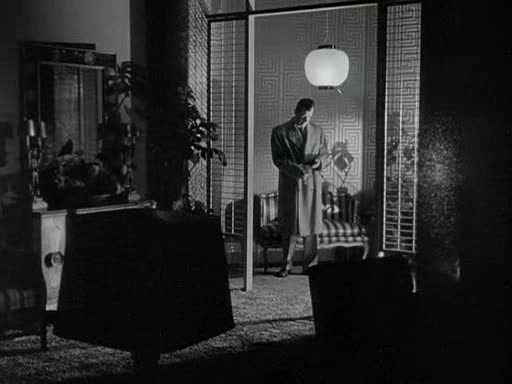
Then she took her free will and her gun and brought it over to Vince Stone’s place. Just like that. I guess she had time to boil the water too, because Vince Stone got a jug full of it right in the face. Payback, real clever. But she didn’t get him good enough with the water, or else Vince Stone was more than playing at tough guy, because by the time I got there it was almost all over for darling, half-crazy Debby. She’d gone and sprawled herself on Vince Stone’s carpet with blood pouring out her stomach and a piece of led that wasn’t doing a good job keeping it in her body.
You’re asking about Vince Stone? Yeah, I took him down. Didn’t kill him, just pulled his scarred face down from the fire escape by the legs and was putting the business to his ribs when the cops came in.
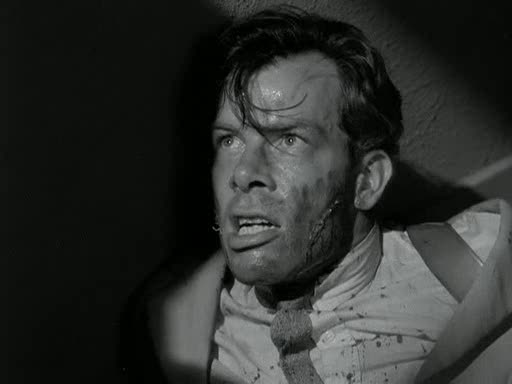
Do I regret not popping him? No, not too much. I regret Debby. That’s what I regret. Sure we called a doctor, but he only gave warning on the end of the line when he got there, didn’t offer any solutions for stopping the train, if you know what I mean. And I looked right at her face when she died, and I knew she was worth the whole lot of them who were still alive even though she had done wrong herself. She asked me if she was dying before she did and, knowing she was a girl who went for the cleverness more than the weepy stuff, I told her that if I told her she’d live a hundred more years she’d have thought I was fooling her. Then she died.
And I’ll tell you something else that’s important, that you should write down. Debby Marsh died sideways, exactly like she told me she wanted to live. She died with the good side of her face up.
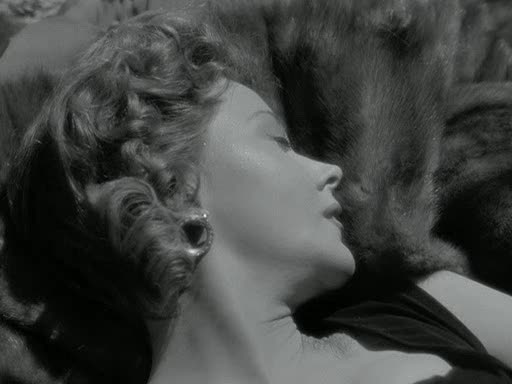
That’s how people are with their scars. Most of us live front-to-back, just like I’m looking at you now, living both with our scars and without them. We aren’t real good or real bad, just people. But then there’s people who make the choice to live sideways—it’s all about the choice, isn’t a thing we’re born or not born into, earn or don’t earn into—and they’re the special ones. Some of them live with their scar-side, people like Vince Stone and Lagana and rainbow Larry. But others, the few of them, live with their good side, like Debby Marsh.
Now, I know you’re thinking that Debby went and shot the late Mrs. Duncan in cold blood like a good person shouldn’t properly do if they want to keep on being a good person, as the vicar would say, but—but nothing!
You’ve gotten one too many drinks in me, kid. I’m starting to ramble on, real on-and-on like. Vomiting words. Maybe I’ll have a hangover tomorrow morning and it’ll be my jaw that hurts, and not my head. Am I done? Why, am I boring you with my life? Oh, I see, kid. People always want to know how things turn out.
Sure, I got my job back. Sure, Lagana and Vince Stone went to jail or the penitentiary or the cozy, comfy heated chair they reserve for some of us. I’m not sure which name matches up with which destination, though. I never followed the legal chatter along in the papers, and I was never asked to testify against the foul character or putrid activities of the men in question. As for Larry Gordon, he got the cigarette treatment, of that I’m sure. No, I don’t have any proof other than a born-again faith in the uncorrupted nature of the justice system of men like Lagana. No one gets a reprieve from the executioner in that court of law.
What’s so hard to understand, kid? I laugh about this stuff all the time now. No, not about my wife. That’s different. Like I said, I don’t talk about that. Talk is cheap, so I like to spend it on the Laganas, even the Debby Marshes, but not on anything real dear to me, see. But Vince Stone and Larry Gordon, what do I care what ever befell their blasted fates. No, kid, you’re wrong. You don’t care, either. No one cares. Do you know why? Because everyone knows it doesn’t make a camel lick’s difference in the great scheme of things.
I know Lagana’s gone, kid. But I also know he’s still here. His name’s just not Lagana any more. Maybe it’s Smith, or Fisheye Moses, or Johnson W. Brown. And just like that there’s another Vince Stone. And another Larry Gordon. And there’s a pair in each city, like a pair of shoes in each closet. And more than one pair in some. And a thousand more behind those. Only thing that changes is the names.
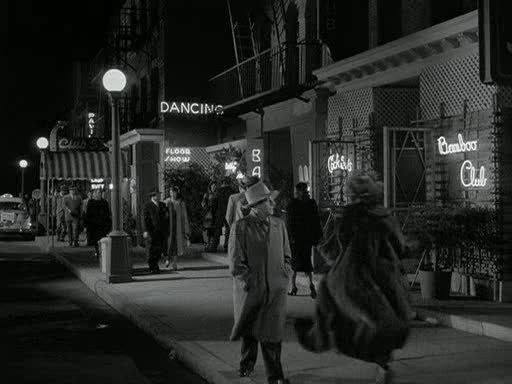
I told you my story’s dangerous. Remember that? Well, you should have cut my head off before I finished telling it. Now you’re doomed. Doomed like everyone else. Doomed to spend your nights in bars, slamming your empty glass against the table until you’re numb enough to smell the flowers all over the streets. In here,too. Can you smell them? They smell good, don’t they? Enjoy the smell. Enjoy it, because the price for digging up the roots isn’t worth the trouble. Ain’t worth the trouble at all.
